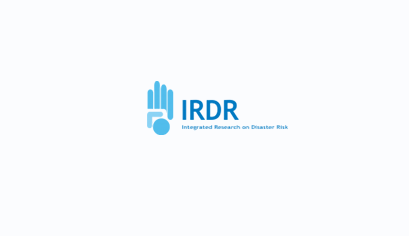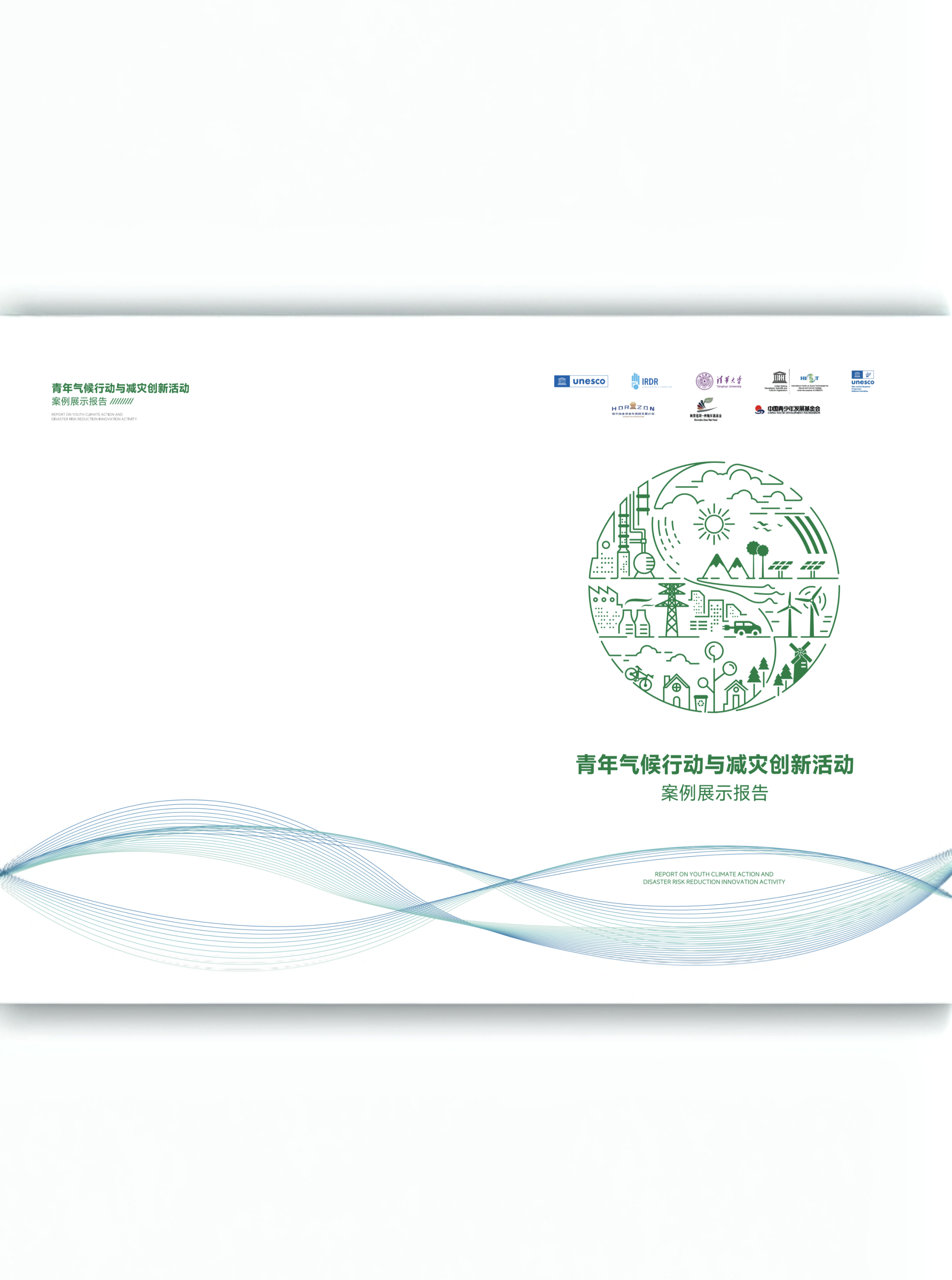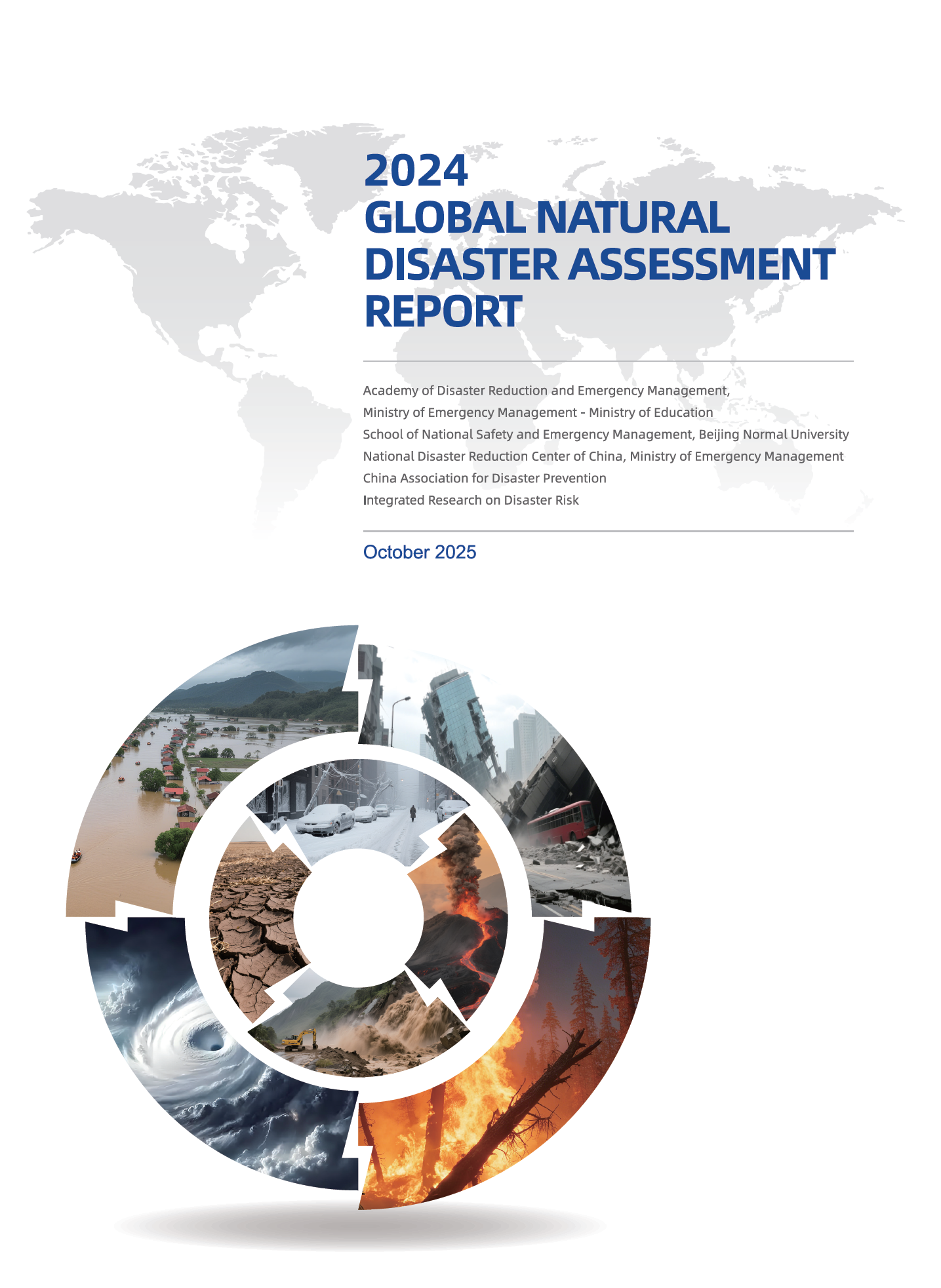

Understanding Risk Finance Pacific Forum – Vanuatu
Tonkin + Taylor’s Technical Director of DRR and Climate Resilience Dr Bapon Fakhruddin was present at the forum, acting as Speaker on Pacific EWS in a session on Multi-Hazard Impact Based Early Warning Systems.
Tonkin + Taylor’s Technical Director of DRR and Climate Resilience Dr Bapon Fakhruddin was present at the forum, acting as Speaker on Pacific EWS in a session on Multi-Hazard Impact Based Early Warning Systems.
The United Nations World Data Forum
The UN World Data Forum in Dubai has officially come to a close with a range of captivating ideas on data shared. Click below to see the full programme.
The UN World Data Forum in Dubai has officially come to a close with a range of captivating ideas on data shared. Click below to see the full programme.

Many deaths can be avoided with better data: UN Deputy Chief
“With accurate, representative, inclusive and disaggregated data, we can understand the challenges we face, and identify the most appropriate solutions for sustainable development”, says UN Deputy Chief Amina J. Mohammed.
“With accurate, representative, inclusive and disaggregated data, we can understand the challenges we face, and identify the most appropriate solutions for sustainable development”, says UN Deputy Chief Amina J. Mohammed.
The UN National Sustainable Development Strategies (NSDS)
The 2030 Agenda for Sustainable Development expresses and reaffirms in multiple instances the commitment of Member States to achieve sustainable development for all.
The OECD’s Science, Technology and Innovation News
The latest news in science, technology and innovation – courtesy of the OECD.
The latest news in science, technology and innovation – courtesy of the OECD.
The Africa Regional Data Cube
Harnessing the latest in Earth observation and satellite technology, the Africa Regional Data Cube addresses food security and issues relating to agriculture, deforestation, and water access.
New piloting QuakeCoRE project in Wellington: Smart Seismic Cities
The QuakeCoRE Smart Seismic Cities concept will explore the development of an Information and Communication Technology Architecture for Near Real-time Impact Tools to register both human and infrastructure impacts following large earthquake events. For more information, get in touch with Emily Lambie – e.lambie@massey.ac.nz
The Latest on Artificial Intelligence from the OECD
Check out the exciting new initiatives on Artifical Intelligence from the OECD.
Check out the exciting new initiatives on Artifical Intelligence from the OECD.
Space Enabled: Advancing justice in Earth’s Complex Systems using designs enabled by space
A research group run from MIT’s Media Lab, Space Enabled works to increase the opportunities to apply space technology in support of the UN’s Sustainable Development Goals.
A research group run from MIT’s Media Lab, Space Enabled works to increase the opportunities to apply space technology in support of the UN’s Sustainable Development Goals.

What is the Human Capital Index?
An in-depth look at the new index launched by the World Bank’s Human Capital Project.
An in-depth look at the new index launched by the World Bank’s Human Capital Project.
Global Scale Alert Hub for Official Emergency Alerts
The Global-Scale Alert Hub for Official Emergency Alerts was explained in these five slides presented during the Standards for the Sustainable Development Goals panel.
Thirty years after the Spitak Earthquake: Experience and Perspectives
December 3rd – 7th
The social shock caused by the Spitak earthquake brought seismological and geodynamic studies and seismic hazard and risk assessment in Armenia up to a new level. The Conference aims to bring together leading scientists as well as young scholars to present reports and exchange their experiences, as well as discuss recent innovations and further challenges in this field.
December 3rd – 7th
The social shock caused by the Spitak earthquake brought seismological and geodynamic studies and seismic hazard and risk assessment in Armenia up to a new level. The Conference aims to bring together leading scientists as well as young scholars to present reports and exchange their experiences, as well as discuss recent innovations and further challenges in this field.
INQUIMUS 2018: Methods and tools to assess multi-hazard risk, vulnerability and resilience December 3rd – 5th
Taking place in Venice, Italy, INQUIMUS 2018 will illustrate and discuss how quantitative and qualitative assessment methods could boost a transition toward a new generation of multi-hazard risk, vulnerability and resilience assessments.
Taking place in Venice, Italy, INQUIMUS 2018 will illustrate and discuss how quantitative and qualitative assessment methods could boost a transition toward a new generation of multi-hazard risk, vulnerability and resilience assessments.
Total Warning System for Tropical Cyclones by WMO
Presented at the International Workshop on Tropical Cyclones (IWTC) in September, the policy brief is based on the latest technical developments that play a significant role in improving our forecasts and warnings. The policy documents describe how to advance the total warning system concept for tropical cyclones.
Presented at the International Workshop on Tropical Cyclones (IWTC) in September, the policy brief is based on the latest technical developments that play a significant role in improving our forecasts and warnings. The policy documents describe how to advance the total warning system concept for tropical cyclones.
Interoperability: A Practitioner’s Guide to Joining Up Data in the Development Sector
Launched at the second UN World Data Forum in Dubai, the guide seeks to explore opportunities and identify good practices for enhancing data interoperability in the area of sustainable development.
A Global Civic Debate on Governing the Rise of Artificial Intelligence
Led over a seven-month period and relying on a collective intelligence platform supporting five languages, The Future Society have recently released their report at the European Parliament.
Led over a seven-month period and relying on a collective intelligence platform supporting five languages, The Future Society have recently released their report at the European Parliament.
The Centre for Humanitarian Data
The United Nations Office for the Coordination of Humanitarian Affairs has developed the Centre for Humanitarian Data to increase the use and impact of data in the humanitarian sector.
The United Nations Office for the Coordination of Humanitarian Affairs has developed the Centre for Humanitarian Data to increase the use and impact of data in the humanitarian sector.
What constitutes good statistical practice?
The OECD has developed an online Good Statistical Practice toolkit as a key reference for assessing national statistical systems.
The OECD has developed an online Good Statistical Practice toolkit as a key reference for assessing national statistical systems.
The OCHA’s list of Information Management Resources
The OCHA provides information management services to the humanitarian community to inform a rapid, effective and principled response.
The OCHA provides information management services to the humanitarian community to inform a rapid, effective and principled response.
The World Bank’s Data Catalogue
A comprehensive data catalogue that transforms the way to manage data, providing access to over 3,000 datasets and 14,000 indicators including microdata, time series statistics and geospatial data.
A comprehensive data catalogue that transforms the way to manage data, providing access to over 3,000 datasets and 14,000 indicators including microdata, time series statistics and geospatial data.
POPGRID – Enhanced Population, Settlement and Infrastructure Data
The POPGRID Data Collaborative aims to bring together and expand the international community of data providers, users, and sponsors concerned with georeferenced data on population, human settlements and infrastructure.
The POPGRID Data Collaborative aims to bring together and expand the international community of data providers, users, and sponsors concerned with georeferenced data on population, human settlements and infrastructure.
GeoTag-X: Photo analysis in disaster-affected areas
A crowdsourcing research project set up by UNITAR-UNOSAT as part of the Citizen Cyberlab project, GeoTag-X aims to help disaster relief efforts on the ground to plan a response by asking volunteers to analyse photos in disaster-affected areas.
A crowdsourcing research project set up by UNITAR-UNOSAT as part of the Citizen Cyberlab project, GeoTag-X aims to help disaster relief efforts on the ground to plan a response by asking volunteers to analyse photos in disaster-affected areas.
Using Citizen Science to save forests
The ForestWatchers project uses citizen science to make it possible to anyone, anywhere in the world to monitor selected patches of forest across the globe, almost in real-time, using a notebook, a tablet or a smartphone connected to the Internet.
The ForestWatchers project uses citizen science to make it possible to anyone, anywhere in the world to monitor selected patches of forest across the globe, almost in real-time, using a notebook, a tablet or a smartphone connected to the Internet.
World Tsunami Awareness Day
5th November 2018
Held at the United Nations Headquarters in New York, the event will contribute to a global awareness campaign and focus on building resilient and inclusive societies.
5th November 2018
Held at the United Nations Headquarters in New York, the event will contribute to a global awareness campaign and focus on building resilient and inclusive societies.
ESLD launches “early adopters” call
Deadline Extended
The Earth System Data Lab (ESLD) and iLeaps are inviting young researchers to participate in a call for “early adopters” of the ESLD system.
Deadline Extended
The Earth System Data Lab (ESLD) and iLeaps are inviting young researchers to participate in a call for “early adopters” of the ESLD system.
ResCon: The Global Resilience Summit December 4th-6th
Based in New Orleans, ResCon is a three-day conference that looks to bring a diverse mix of disaster and resilience practitioners to explore profound and powerful topics that impact communities and economies worldwide.
Based in New Orleans, ResCon is a three-day conference that looks to bring a diverse mix of disaster and resilience practitioners to explore profound and powerful topics that impact communities and economies worldwide.












